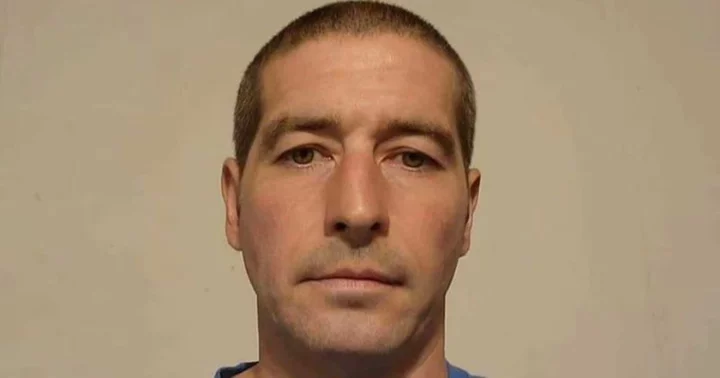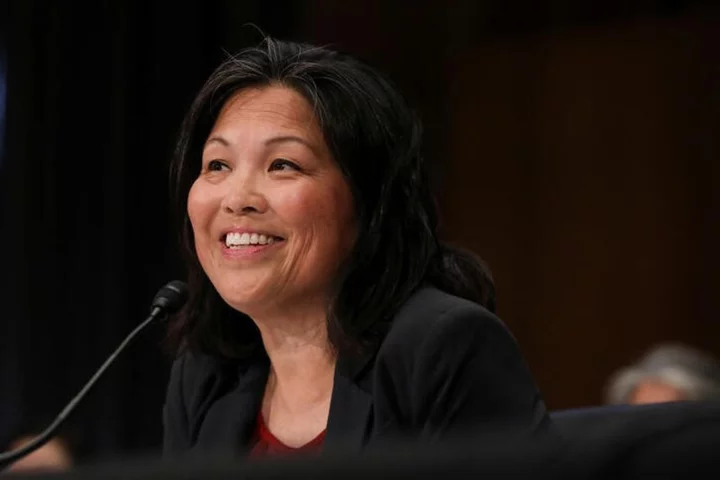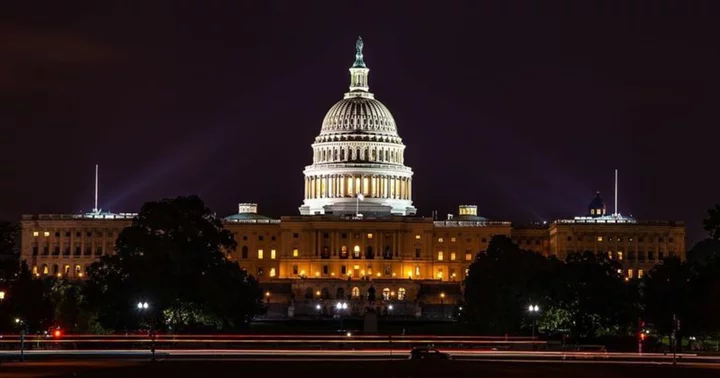BOWDOIN, MAINE: Maine's "yellow flag" law, which requires police and prosecutors to obtain a court order before seizing deadly firearms from individuals who have threatened to harm themselves or others, has come under fire following the brutal Lewiston mass shooting on Wednesday, October 25.
The controversial law was passed nearly four years before a gunman, identified to be Robert Card, used an AR-15-style rifle to open fire at a bowling alley and a bar in Lewiston, Maine, injuring 13 and killing at least 18 people.
Maine police department previously revealed that the 40-year-old Army Reservist has “reported mental health issues to include hearing voices and threats to shoot up the National Guard Base in Saco, ME.”
He was even committed to a mental health facility during the summer of 2023 and released after a two-week stay. These are particular kind of warnings that are intended to be intercepted by red and yellow flag laws.
Broadly, if a state enacts "red flag" laws, they allow courts the authority to take away or prohibit the possession of firearms by anybody exhibiting signs of causing harm to oneself or others.
However, Maine, along with 20 other states, has what some refer to as the "yellow flag" law — which requires more steps before a weapon can be removed by courts or law enforcement.
In accordance with Maine's yellow flag law, police cannot obtain a judge's order to seize firearms until after a medical professional has evaluated the subject and determined that they pose a threat, according to Lex18.
Critics slam Maine’s 'yellow flag' laws
Under its yellow flag law, Maine does not require background checks for all gun purchases. Everytown for Gun Safety, a group dedicated to preventing gun violence, condemned the law, claiming that it essentially made it "easy for prohibited purchasers to access guns, no questions asked."
Everytown claims that Maine has neither outlawed high-capacity magazines nor does it require domestic abusers to relinquish their firearms even if they are under a restraining order, as per NY Post.
Additionally, Maine does not have any "red flag" or "extreme risk" laws, which also allows families to ask a judge to temporarily prohibit someone from purchasing a gun on the grounds of their mental health.
Card’s family declined to comment on whether or not they tried to restrict his access to firearms at the time when he was committed for erratic behavior and allegedly “hearing voices” in his head.
Everytown ranked Maine at No. 25 out of all states for the necessity of tougher gun regulations, stating that "state leaders must do more to prevent gun violence."
This year, the state notably rejected proposals to implement a three-day waiting time before allowing the purchase of firearms and to mandate background checks for private gun transactions.
What measures should Maine take to strengthen gun laws?
Following the brutal rampage on October 25, gun-control advocates blamed the killings on what one called Maine’s “weak gun laws.”
Vice President Kamala Harris claimed that the primary cause of death for children in the United States is gun violence and urged Congress to enact stricter legislation, such as a universal background check law, a red flag law, and a ban on assault rifles and magazines with a large capacity.
“It is a false choice to suggest we must choose between either upholding the Second Amendment or passing reasonable gun safety laws to save lives,” Harris said in a statement, according to the Associated Press.
Cam Shannon, the head of the Maine Gun Safety Coalition, claimed that the organization wants the state to at least outlaw assault rifles in order to stop such brutal mass shootings.
Shannon stated that officials must “stop bowing to the gun lobby and look squarely at the face of what has happened in Maine’s second-largest city.”
Republican US Senator Susan Collins stated that she believes that the most effective way to prevent this sort of gun violence is to outlaw high-capacity magazines.
“The fact, the suspect was hospitalized for two weeks for mental illness should have triggered the yellow flag law. He should have been separated from his weapons,” Collins said at a news conference Thursday in Lewiston.
“I’m sure that after the fact, that it’s going to be looked at very closely,” she continued.









